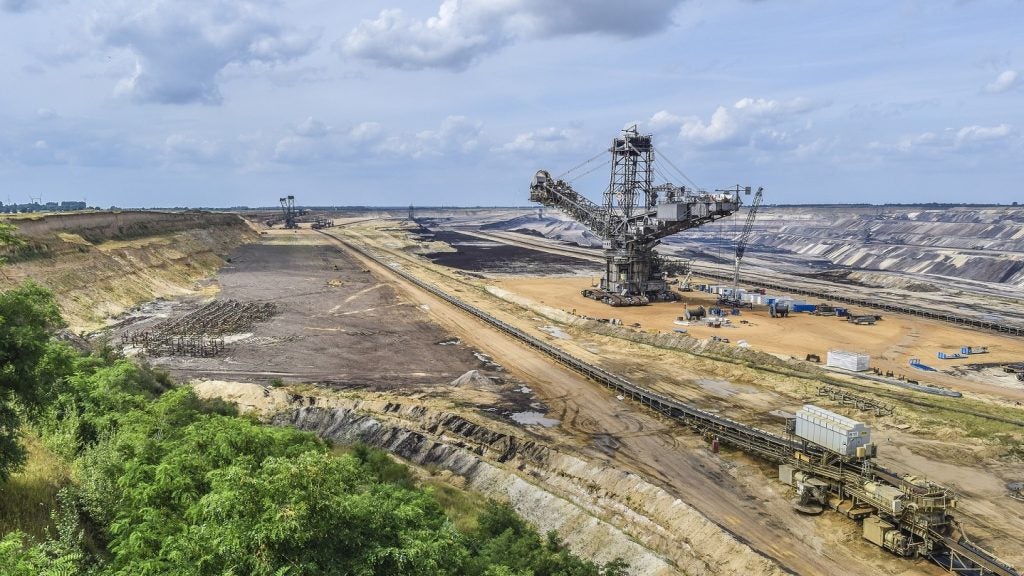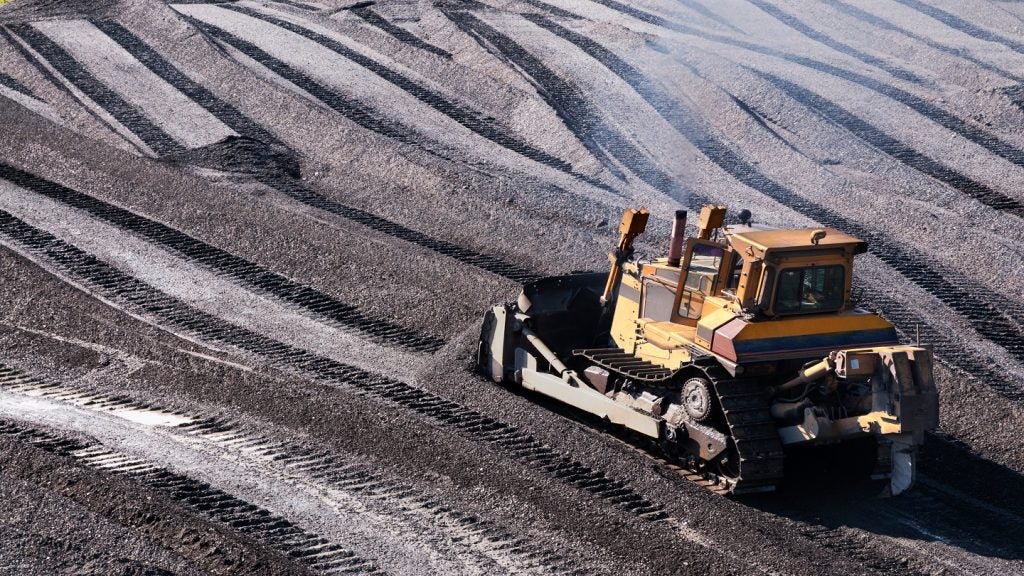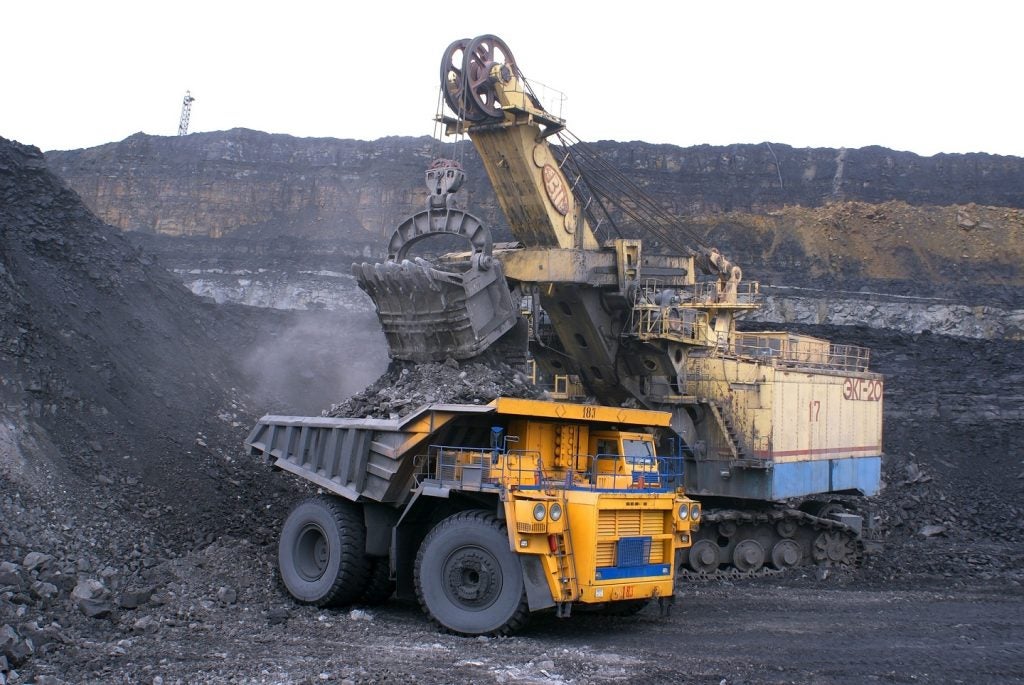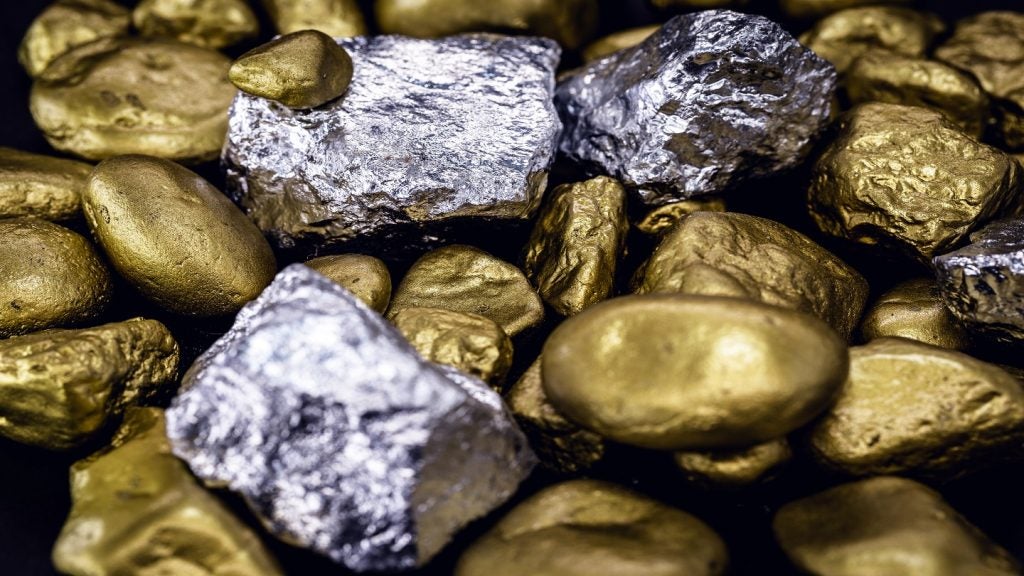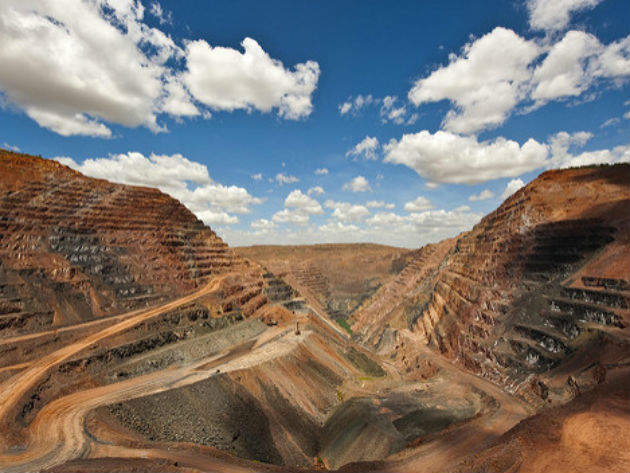

The mining and mining equipment, technology and services (METS) sector in Australia accounts for around 15% of the country’s GDP and supports a total of 1.1 million jobs, representing approximately 10% of total employment.
Yet, despite the sector’s significant contribution, companies such as Rio Tinto and BHP Billiton which are operating in the country are required to pay 30% corporation tax – a higher rate than in other major mining jurisdictions such as Canada (26.7%) and Chile (24%) – plus state and territory royalties.
In total, this equates to an effective tax rate of 54.3%, as of 2014/2015, according to a report by Deloitte Access Economics, published in March.
The report states that Australia’s mining tax regime requires “reforms where improvement is required, so that mining and METS continue to innovate and grow, helping to secure Australia’s future prosperity”.
See Also:
The country’s mining tax regime has become a hot topic. Some politicians have proposed raising the tax on miners further, while one major mining company has been caught taking steps to reduce its tax contribution.
How well do you really know your competitors?
Access the most comprehensive Company Profiles on the market, powered by GlobalData. Save hours of research. Gain competitive edge.

Thank you!
Your download email will arrive shortly
Not ready to buy yet? Download a free sample
We are confident about the unique quality of our Company Profiles. However, we want you to make the most beneficial decision for your business, so we offer a free sample that you can download by submitting the below form
By GlobalDataTax tussles
In March, Brendon Grylls, a National Party member of the Legislative Assembly of Western Australia, lost a state election after proposing to raise the iron ore production levy paid by BHP Billiton and Rio Tinto from 25 cents to $5 per tonne. The proposal prompted a bitter marketing campaign against Grylls led by the industry.
Before the election, he told The Guardian, “Whoever wins government is going to have to frame a budget in very tricky financial circumstances for Western Australia.” He added: “Household fees and charges are going to have to increase substantially if you don’t have a new revenue source. Government programmes are going to have to be cut to try and stabilise the state’s finances.
“At that point, every West Australian who has been bombarded on the TV screen from the mining company’s ads is going to say, ‘Explain to me again why we’re losing government services and infrastructure spending and why our fees and charges are going up but BHP and Rio’s seem to be quarantined…’ I think they’re going to find that very difficult to defend.”
A compelling argument – some might say – that was squashed by the $2m worth of counter-ads paid for by the Chamber of Minerals and Energy of Western Australia (CME).
Grylls ultimately lost to Premier Mark McGowan but his proposal stoked the mining tax debate in Australia.
Meanwhile, in April, Rio Tinto was slapped with a A$447m tax bill – A$379m plus interest of A$68m – due to the company participating in what is known as ‘transfer pricing’ between Rio Tinto’s Australian operations and its Singapore office from 2010 to 2013. This payment is in addition to the A$25.5bn of taxes and royalties the company said it paid during the same four-year period. The company has vowed to fight the order.
The revelation has prompted questions as to why Rio Tinto felt the need to take measures to reduce its tax contribution.
Under threat
International tax expert Tom Wesel, partner at Milestone International Tax Consultants, called Rio Tinto’s transfer pricing a “relatively lazy and technically unsophisticated move”.
“What they did was sell iron ore from Australia at a low price to another group company in Singapore, who then sold it on at a higher price,” says Wesel, “And so, effectively, all that was happening is some re-invoicing was going on and some profit was being shifted from Australia to Singapore.”
Because Singapore didn’t accept any risk, add value or implement any assets during the transaction – the three considerations that normally entitle a business to charge something extra – the company will likely find it hard to justify the price hike in Singapore.
Wesel, who says he doesn’t know the context, surmises that Rio Tinto may have done this because the company felt it “was generally under threat in Australia”.
“The problem you’ve got in Australia, I think, is a very simple one – it’s got the second highest level of taxation on mining in the world,” says Wesel.
“Then Western Australian states where Rio Tinto does most of its iron ore mining are very short of money and want to try and impose yet more taxation on mining companies, so the company therefore tries to do what it can to lower its tax bill in Australia, by what it considers to be legitimate means but which Australia doesn’t,” he adds.
Is Australia’s mining tax punitive?
Balancing the need for an effective tax regime for public benefit but also allowing companies to remain competitive in the global market is a universal challenge, but has Australia tipped the balance?
In 2012 the International Monetary Fund (IMF) found the range of average effective tax rates in various mining countries was 40%-60%. At 54% Australia sits at the higher end of the average.
“The Reserve Bank Governor, the IMF and the Henry Review all support the conclusion that a higher corporate tax rate comes at the cost of investment, particularly foreign direct investment,” says Scott Grimley, Oceania Mining and Metals Leader at EY.
“In February, EY shared a similar view that Australia’s corporate tax rate places Australia at a disadvantage to many other OECD countries,” he added.
For every 10% differential in income tax, foreign investment reduces by 7.5%, says Grimley.
“Australia has relied heavily on foreign investment for its growth, including the mining sector, so with the spectre of further corporate tax reductions flagged in the US, as Australia’s corporate tax rate becomes increasingly out of line, the mobile foreign investment will be directed increasingly to jurisdictions other than Australia, harming the further development of our resources and losing the associated economic benefits,” he says, adding that recognition of the capital-intensive nature of mining and the difficulty of changing policy settings that apply to existing projects is needed. ?
EY has previously recommended that tax policy would be better managed by an independent advisory body, the Australian Tax Reform Commission, which would assess tax policy and provide independent advice to the government on these issues. “This would allow these issues to be canvassed in a non-political way, addressing the needs of all stakeholders and improve the level of debate,” says Grimley.
Balancing act
“When things are going well, the state tends to feel it’s been completely ripped off because mining companies spent X and are getting three times that back,” says Wesel.
“However, quite rightly, mining companies say: ‘it happened to work out well in your state, but we’re operating all over the world, and in some states, we invested a lot of money and we’re getting absolutely nothing out and we’ve got to look at our global operation and our global business risk.’
“The difficulty in Australia is mining companies pay a fixed fee – the tonnage tax and royalties – irrespective of how comfortable they are,” he adds.
If companies were taxed on their profit percentage alone, like in the oil and gas industry in the UK, then companies would pay a higher percentage depending on how well they do.
“There is no morally right answer, only conflicting interests, like there are in any business situation,” adds Wesel. “It’s just a question of weighing out the interest of both sides, as well as measuring what’s economically possible.”
The Turnbull government had been debating company tax reform but appears to be shelving plans for now; however, no doubt, the debate about Australia’s mining tax burden – or contribution, depending on how you look at it – will continue.



